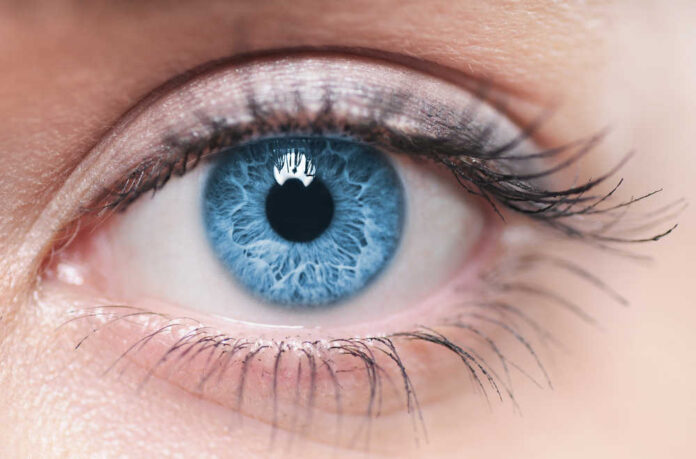
As we age, it becomes increasingly important to pay attention to our nutrition and ensure we get the right amounts of vitamins and minerals for optimal health. This is especially true for our eyesight.
Our eyesight naturally deteriorates when we grow older. This is due to several factors, including the breakdown of collagen in the eye (which provides structure and support), the hardening of the eye’s lens, and the thinning of the macula (the area responsible for sharp vision).
The good news is that you can generally get all the nutrition you need simply by eating a healthy diet. As long as you eat an abundant variety of fruits, vegetables, whole grains, and lean proteins, you probably won’t need to keep track of your intake of specific vitamins and minerals or worry about taking supplements.
But for those who want to go the extra mile to protect their vision, here are four key vitamins for eye health:
Vitamin A
You need vitamin A to make rhodopsin. Rhodopsin is a protein in the eye that helps us to see in low-light conditions. Without vitamin A, we would not be able to see at all in dim lighting or at night.
Vitamin A also helps to produce tears—not just for crying but also for keeping our eyes lubricated and healthy.
Good sources of vitamin A include:
- carrots
- sweet potatoes
- kale
- spinach
- pumpkin
Vitamin C
Vitamin C is a powerful antioxidant that can help protect the eyes from damage caused by free radicals. Free radicals are reactive and unstable molecules that can damage cells and lead to inflammation.
By helping to neutralize these free radicals, vitamin C may help to reduce the risk of cataracts and age-related macular degeneration (AMD). It can also help reduce the long-term damage caused by exposure to sunlight.
Vitamin C is also an essential ingredient in collagen production. Collagen is a protein that gives our skin its elasticity and strength. As we age, collagen production slows down, leading to wrinkles and sagging skin. Collagen also gives structure to the tissues in and around your eyes.
Good sources of vitamin C include:
- oranges
- lemons
- limes
- strawberries
- bell peppers
Vitamin E
Like vitamin C, vitamin E is another antioxidant that can help protect the eyes from damage caused by free radicals. This means that foods with vitamin E may also help reduce the risk of cataracts, degeneration, and sun exposure.
Vitamin E is found in:
- vegetable oils
- whole grains
- nuts
- seeds
- leafy green vegetables
B Vitamins
There are eight vitamins in the B-complex group, each of which plays a different role in the body. But when it comes to eye health, certain B vitamins are especially important.
B6, B9, and B12 together can lower levels of homocysteine in the blood. High levels of homocysteine amino acids can damage blood vessels (including those in the retina) and contribute to developing cataracts and AMD.
B2 (riboflavin) deficiencies are associated with a higher risk of developing cataracts, so getting enough of this vitamin can help protect you from that.
B3 (niacin) appears to help protect you from glaucoma, a degenerative eye disease that damages the optic nerve.
Good sources of B vitamins include:
- whole grains
- legumes
- seafood
- leafy green vegetables
- fortified cereals






















